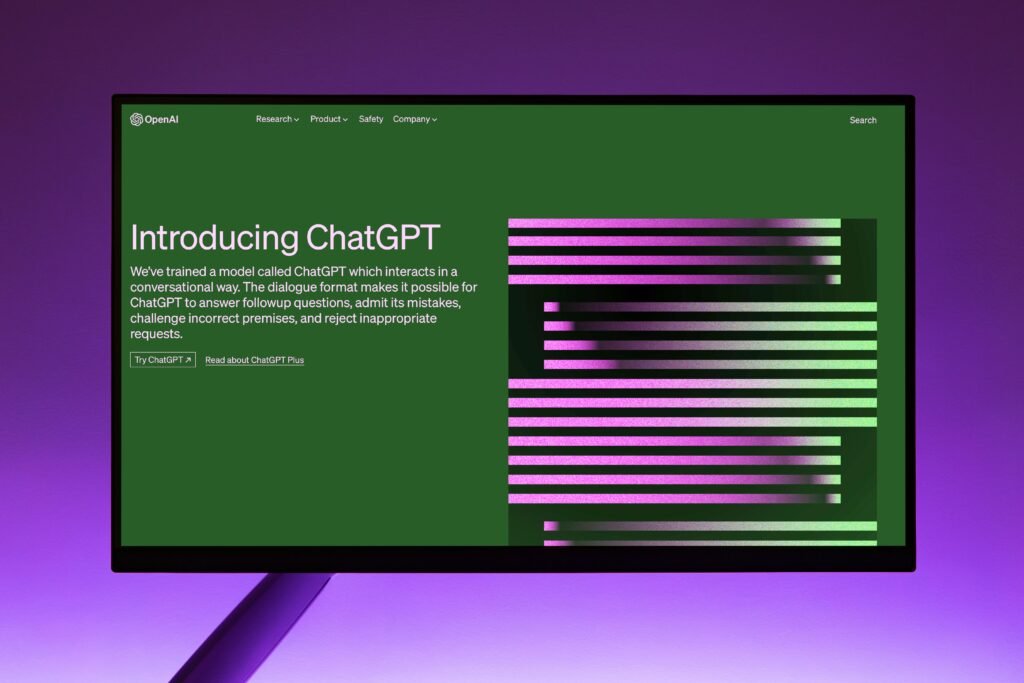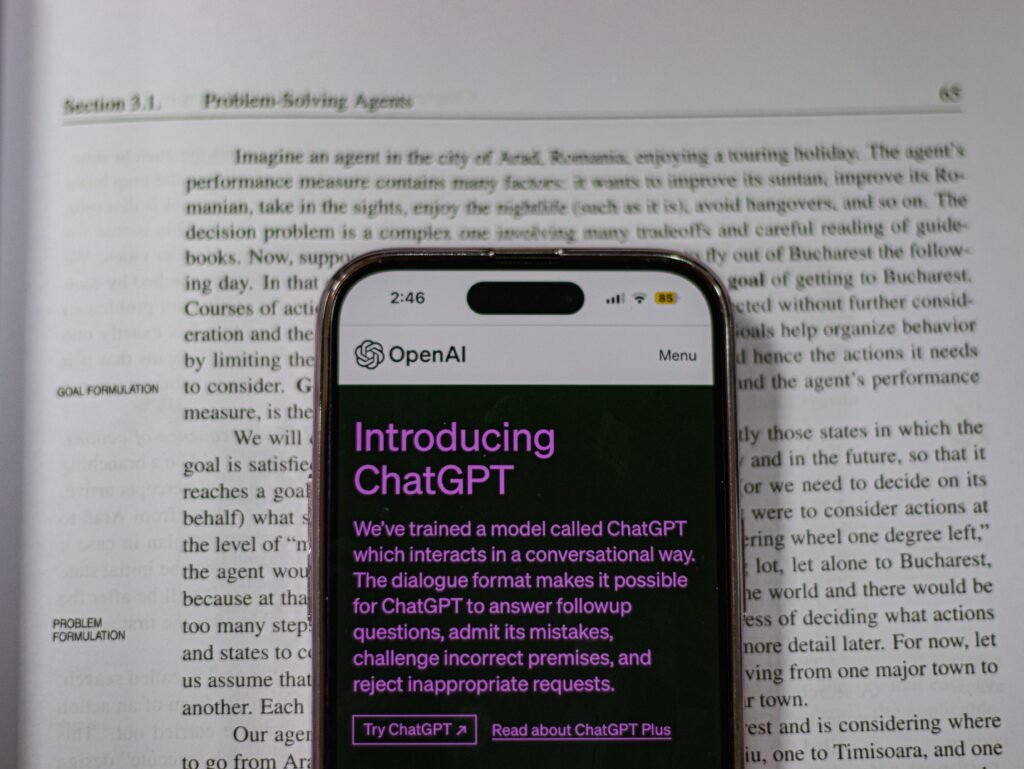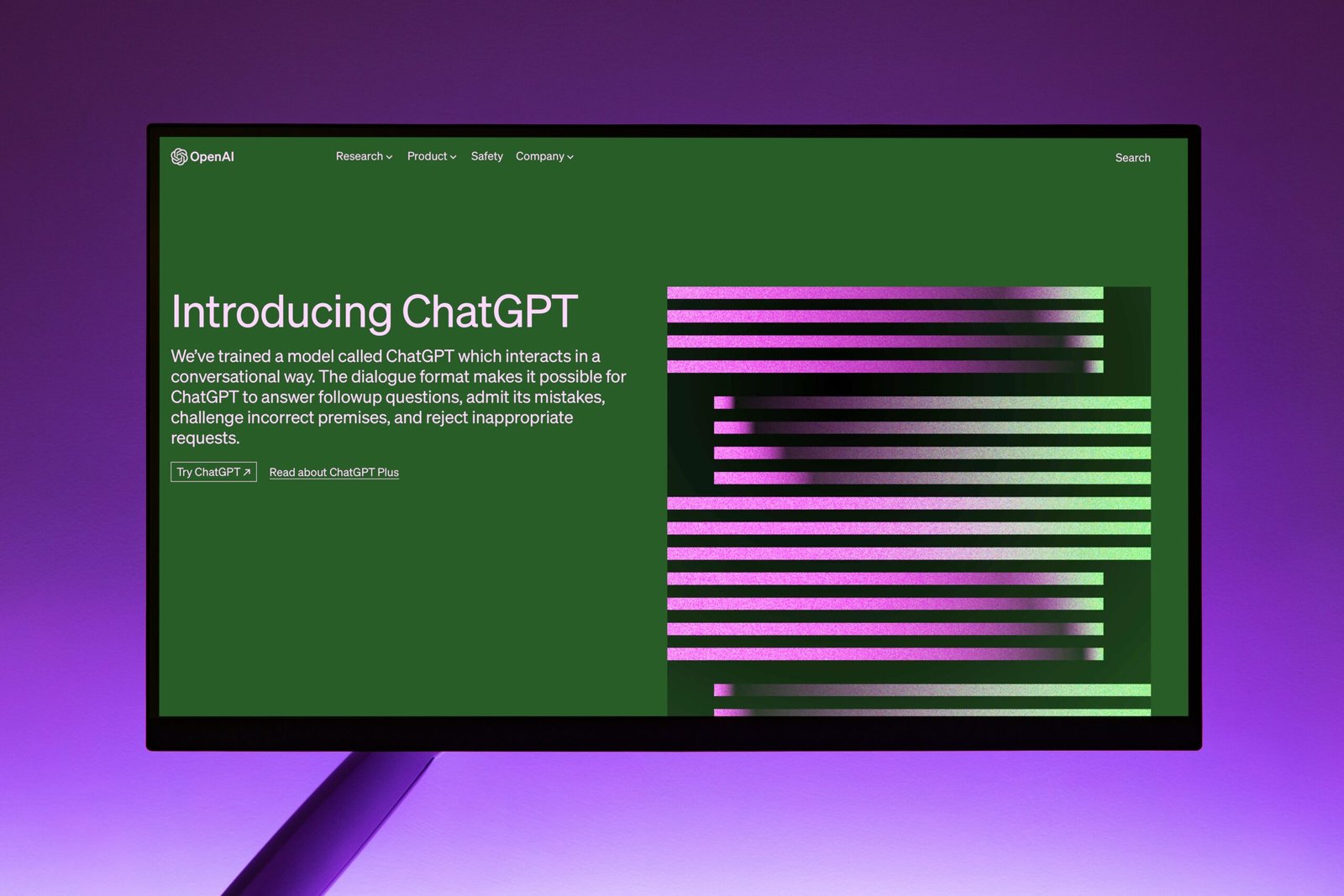Imagine having a powerful tool that revolutionizes the way you market your products or services online. Think of a technology that can analyze vast amounts of data, make predictions, and offer personalized customer experiences. This is where the application of artificial intelligence (AI) comes into play in the world of web marketing. By leveraging AI, businesses can enhance their marketing strategies, optimize their campaigns, and ultimately drive more traffic and conversions. The possibilities are endless, and in this article, we will explore some fascinating ways AI can be applied to web marketing to help you stay ahead in this ever-evolving digital landscape.
Chatbots
Introduction to chatbots
Chatbots are computer programs that use artificial intelligence (AI) to interact with users in a conversational manner. These virtual assistants are designed to understand and respond to natural language, allowing businesses to engage with their customers 24/7 without the need for human intervention. Chatbots can be integrated into websites, messaging apps, and social media platforms, providing a seamless and personalized user experience.
How chatbots can be used in web marketing
Chatbots play a crucial role in web marketing by automating customer interactions and providing instant support. They can be programmed to answer frequently asked questions, offer product recommendations, provide information about promotions, and assist with purchasing decisions. Chatbots can also be used to capture leads, collect feedback, and conduct surveys, enhancing customer engagement and improving overall user satisfaction.
Benefits of using chatbots for web marketing
Using chatbots in web marketing offers numerous benefits for businesses and customers alike. Firstly, chatbots can handle a large volume of inquiries simultaneously, ensuring prompt and efficient customer service. By providing instant support, businesses can significantly reduce response times and enhance customer satisfaction. Additionally, chatbots can collect valuable data about customer preferences, behavior, and purchasing patterns, enabling businesses to personalize their marketing efforts and provide relevant recommendations. Chatbots also enable round-the-clock customer support, allowing businesses to cater to customers from different time zones and increase their availability.
Examples of successful chatbot applications in web marketing
Several companies have successfully implemented chatbots in their web marketing strategies. One notable example is Sephora’s Virtual Artist, a chatbot that uses image recognition and augmented reality to allow customers to try on different makeup products virtually. Another example is Spotify’s Discover Weekly, a chatbot that creates personalized music playlists for users based on their listening habits and preferences. These examples demonstrate how chatbots can enhance the user experience, boost customer engagement, and drive conversions in web marketing.

Personalized Recommendations
Definition of personalized recommendations
Personalized recommendations are AI-driven suggestions that are tailored to an individual’s unique preferences, interests, and needs. By analyzing vast amounts of data, including browsing behavior, purchase history, and demographic information, AI algorithms can identify patterns and make accurate predictions about user preferences, enabling businesses to offer personalized product, content, and service recommendations to their customers.
How artificial intelligence enables personalized recommendations
Artificial intelligence plays a central role in enabling personalized recommendations by processing and analyzing large datasets at lightning speed. Machine learning algorithms can intelligently predict user preferences based on historical data, such as previous purchases, ratings, and interactions. AI algorithms can also adapt and improve recommendations over time as they gather more data and user feedback, ensuring that recommendations stay relevant and accurate.
How personalized recommendations can be used in web marketing
Personalized recommendations are a powerful tool in web marketing as they can significantly enhance the user experience and drive customer engagement. By offering personalized product recommendations, businesses can increase cross-selling and upselling opportunities, leading to higher conversion rates and customer loyalty. Personalized content recommendations can also improve user engagement and reduce bounce rates by providing users with relevant and interesting content tailored to their interests. Additionally, personalized service recommendations can enhance customer satisfaction and drive repeat business.
Benefits of using personalized recommendations for web marketing
There are several benefits to using personalized recommendations in web marketing. Firstly, personalized recommendations help businesses stand out from their competitors by offering unique and tailored experiences to their customers. This can lead to increased customer loyalty and positive word-of-mouth referrals. Secondly, personalized recommendations can have a significant impact on conversion rates and sales revenue by increasing cross-selling and upselling opportunities. Research has shown that personalized recommendations can increase sales by up to 30%. Lastly, personalized recommendations can provide businesses with valuable insights into customer preferences, allowing them to refine their marketing strategies and improve overall customer satisfaction.

Predictive Analytics
Understanding predictive analytics
Predictive analytics is the practice of using AI algorithms and statistical models to analyze historical data and make predictions about future outcomes. By identifying patterns and trends in data, predictive analytics can provide businesses with valuable insights and forecasts that can inform decision-making and optimize marketing strategies.
How artificial intelligence powers predictive analytics
Artificial intelligence plays a critical role in powering predictive analytics by enabling the analysis of vast amounts of data quickly and efficiently. With machine learning algorithms and deep learning techniques, AI can identify patterns and correlations in data that humans may not be able to detect. AI algorithms can then use these insights to make accurate predictions about future customer behavior and market trends, allowing businesses to make informed and data-driven marketing decisions.
Applications of predictive analytics in web marketing
Predictive analytics has numerous applications in web marketing. One common application is customer segmentation, where predictive analytics can help businesses identify and target specific customer groups based on purchasing behavior, demographics, or other relevant criteria. Predictive analytics can also be used to optimize marketing campaigns by determining the most effective channels, timing, and messaging for reaching target audiences. Furthermore, predictive analytics can assist in forecasting demand and predicting inventory needs, enabling businesses to optimize supply chains and improve customer satisfaction.
Benefits of using predictive analytics for web marketing
Using predictive analytics in web marketing offers several benefits for businesses. Firstly, predictive analytics can enhance targeting and personalization efforts by identifying the most relevant customer segments and tailoring marketing messages accordingly. This can lead to higher conversion rates and increased customer satisfaction. Secondly, predictive analytics can optimize marketing budgets by identifying the most cost-effective channels and strategies for reaching target audiences. By allocating resources more efficiently, businesses can maximize their return on investment. Lastly, predictive analytics can help businesses stay ahead of the competition by identifying emerging trends and consumer preferences, allowing them to adapt their marketing strategies and stay relevant in a rapidly changing marketplace.

Content Generation
Role of artificial intelligence in content generation
Artificial intelligence plays a crucial role in content generation by automating the process of creating and delivering personalized and targeted content. AI algorithms can analyze vast amounts of data, such as customer preferences, browsing behavior, and social media interactions, to understand user interests and create content that resonates with individual users.
How AI can generate personalized and targeted content for web marketing
AI can generate personalized and targeted content by leveraging natural language processing (NLP) and machine learning techniques. By analyzing user behavior, AI algorithms can identify patterns and preferences, allowing businesses to tailor content to specific user segments. AI can also automate the creation of dynamic content, such as personalized emails, website copy, and social media posts, based on user interactions and preferences.
Automated content creation tools and platforms
There are several automated content creation tools and platforms available that leverage AI to generate content for web marketing. These tools utilize AI algorithms to analyze user data, generate personalized recommendations, and create targeted content. Some examples include automated email marketing platforms that create personalized email campaigns based on user behavior, and content recommendation engines that suggest relevant articles and blog posts to website visitors.
Benefits of using AI for content generation in web marketing
Using AI for content generation in web marketing offers numerous benefits. Firstly, AI enables businesses to create personalized and targeted content at scale, improving user engagement and driving conversions. By delivering relevant content to users, businesses can increase customer satisfaction and loyalty. Secondly, AI-generated content can help businesses save time and resources by automating repetitive tasks, such as content creation and distribution. This allows marketers to focus on other strategic activities, such as campaign planning and optimization. Lastly, AI-generated content can provide valuable insights into user preferences and behavior, allowing businesses to refine their marketing strategies and continually improve the effectiveness of their content.




